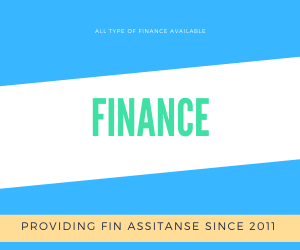What You Should Know About Your Personal Finances
Managing your personal finances can be frustrating and stressful, no matter what your income or resources may be. Learning how to manage your finances properly can help to ease some of this stress. You are about to be given advice that you can use to make your life a more enjoyable one.
Don’t be exclusive! Many companies throw a curve-ball into their contract- a piece saying you can only work with them. If you want to make the most money for yourself, steer clear of those companies that require you to sign these. It’s best to work for a company willing to share the field, not only are they more confident in their products, but they also are more likely to have your best interests in mind.
Live below your means. Most Americans live paycheck to paycheck. This happens, because we are spending as much as we are earning or in some cases, more. You can break this cycle by leaving yourself a lot of room in your monthly budget. If you only need a smaller percentage of your income to pay your living expenses, there will be more left over to save or to pay for unexpected things that come up.
To avoid surprise deductions from your checking account, access your account online at least once a month. Scroll back through the previous month and make note of all the recurring automatic deductions from your account. Go ahead and deduct those in your check ledger now – even if it puts you in a negative balance. The money won’t be gone until the debit is posted, but you will know not to spend money on unnecessary items until you have built up enough of a balance to cover your recurring automatic debits.
Eating out is a huge pit of money loss. It is way too easy to get into the habit of eating out all the time, but it is doing a number on your pocket book. Test it out by making all of your meals at home for a month, and see how much extra money you have left over.
To improve your personal finance habits, try to organize your billing cycles so that multiple bills such as credit card payments, loan payments, or other utilities are not due at the same time as one another. This can help you to avoid late payment fees and other missed payment penalties.
Sit down and add up all the money that you have coming in to the house each month. Then sit down and add up the amount that your monthly bills cost. Subtract the money you spend on your bills from your monthly income. The number you come up with is the amount of money you have to spend on everything else – food, clothing, medicine, luxury items, etc. Don’t go over this amount. This will insure that you have enough money to pay all of your bills and aren’t spending more than you’re earning.
If you have good mechanical skills, you can make some extra money by offering services to neighbors, friends and family. You could offer oil changes or any other service that you are capable of and for a reasonable price, you can supplement your income and may even enable you to be your own boss.
If possible, steer clear of the emergency room. Walk-in clinics, and actual appointments at the doctor will both have a huge reduction in cost and co-pays. Emergency room doctors can also charge separately from hospitals if they are contracted. So, you would have two medical bills instead of one. Stick with the clinic.
Timing is very important when buying a mortgage. You don’t want to end up having to pay for two mortgages for a long period of time. If you are buying and selling at the same time, remember to focus on the selling first, that is the most important thing that needs to get done before you can buy a new house.
As was stated in the beginning of this article, personal finance managing can be grueling. However, you do not have to be clueless on the subject. Hopefully, this article has provided you with advice that can help get your finances back on track and help you to live a more comfortable life.










